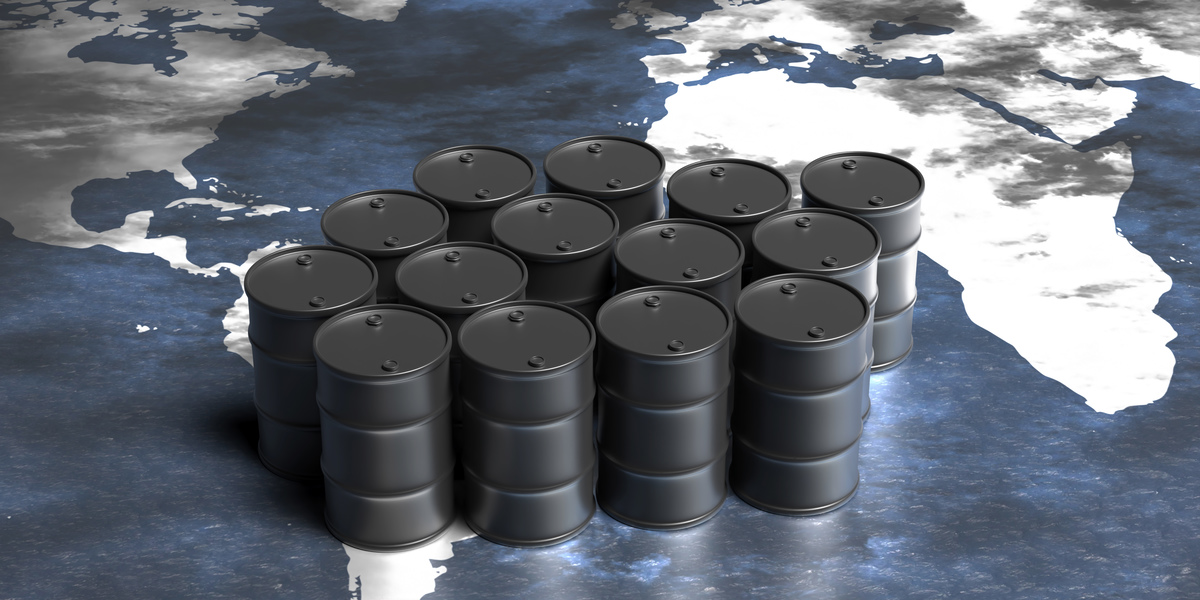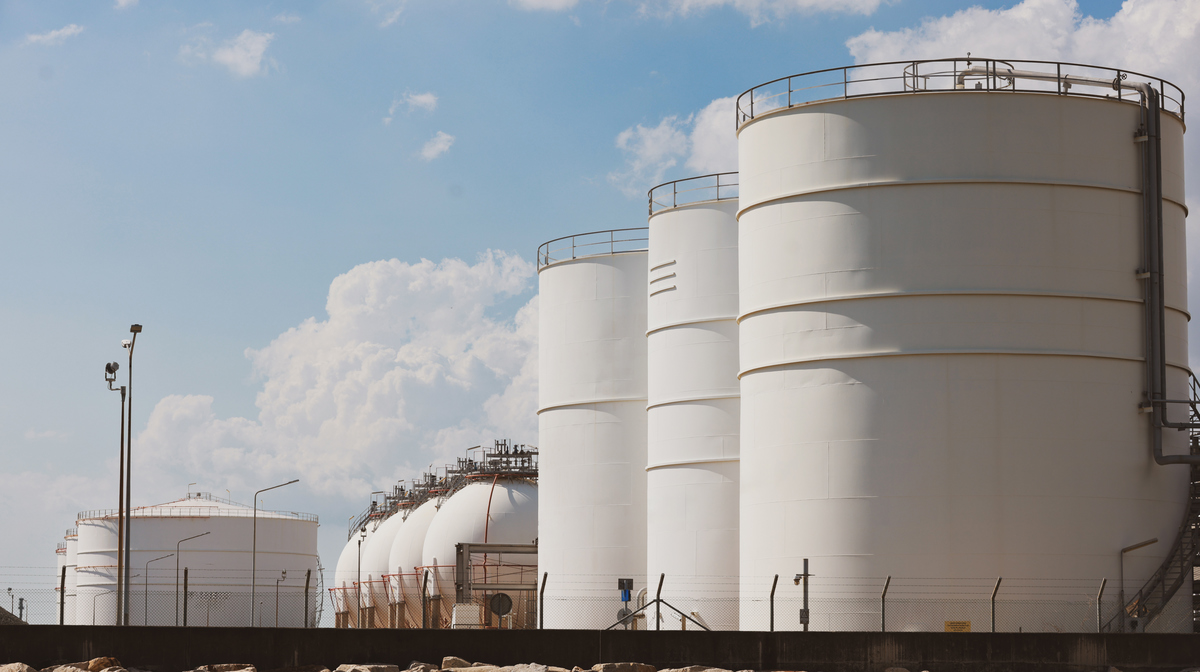Brent futures welcome new year with strong gains
After a day of closed trading, front-month ICE Brent has climbed up by $2.66/bbl from Friday, to $86.44/bbl at 09.00 GMT.
 PHOTO: Getty Images
PHOTO: Getty Images
Upward pressure:
The outlook for global growth remains cloudy, but improving demand with China's opening up, coupled with Russia's expected drop in production, has lifted sentiment for Brent crude at the start of 2023.
The European sanctions on seaborne Russian refined products, which take effect from 5 February, will result in a drop of at least 1 million b/d in Russian oil production in 2023, says UBS analyst Giovanni Staunovo in an Insider interview.
After muted trading last week, markets are likely pricing in Russian President Vladimir Putin's executive ban on the sale of oil and oil products to nations backing the G7 price cap. Deputy Prime Minister Alexander Novak also estimates Russia will cut production by 500,000-700,000 b/d early this year.
Saxo Bank's head of commodity strategy Ole Hansen has told Insider that Brent is likely to rise above $100/bbl this year as Russia's production cuts and China's rising demand put pressure on supply.
Hedge fund trader specialising in energy derivatives, Pierre Andurand has tweeted that there is a “potential to see a surge of oil demand of 3-4 million b/d in 2023,” if the world fully reopens. There were 50% Covid-positive passengers on China's Milan flight, but they were mostly asymptomatic. This might indicate "the end of the impact of COVID on the global economy and oil demand,” he adds.
Downward pressure:
In a sombre economic outlook for the new year, the International Monetary Fund's (IMF) managing director Kristalina has warned that one-third of the world will see a recession this year. Georgieva has told CBS that 2023 will be tougher than 2022 because the US, EU and China "are all slowing down simultaneously."
Additionally, tightened global restrictions on Chinese travellers and fears of a resurgence of Covid-19 could stymie Brent price gains. Several countries have imposed travel restrictions on people coming from China following the country's decision to relax its anti-Covid curbs.
Beginning 5 January 2023, the US, UK and Australia will require proof of negative Covid-19 tests for incoming travellers from China, Hong Kong and Macau. India, Israel, Japan and Canada have also put travel restrictions on China, while Singapore is "monitoring the situation closely."
Sweden has called a meeting of EU nations tomorrow to discuss entry requirements for travellers from China. The Swedish Presidency of the Council of the EU claims that “the lifting of exit restrictions from China, combined with the increasing spread of COVID-19 in the country, has prompted the need for joint European action.”
The IMF's Georgieva expects data on China's economic growth for 2022 will show it was on par or below global growth for the first time in 40 years. Relaxation of Covid-restrictions will result in a "bush fire of Covid cases throughout China" for a while, she adds.
By Konica Bhatt
Please get in touch with comments or additional info to news@engine.online





